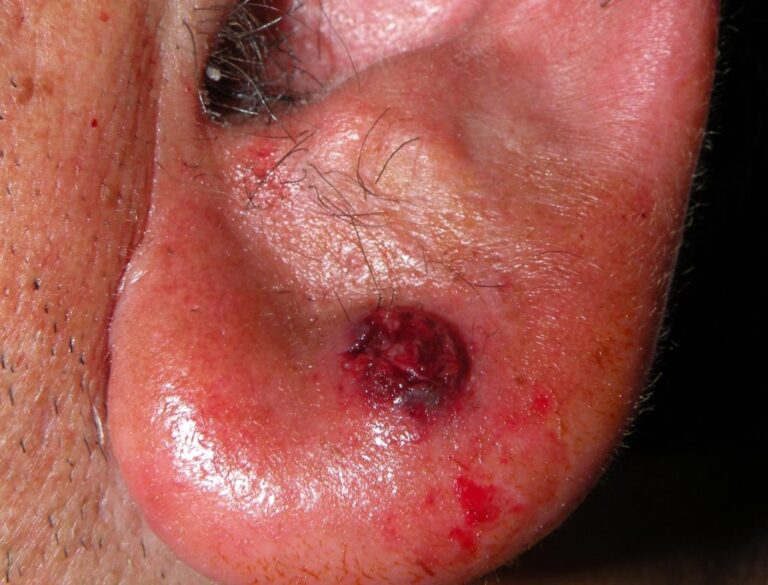Table of Content
In a mild case, you can take these at home in tablet form. But symptoms are often short-lived and improve in about a week, although a nagging cough can be irritating and keep you up at night. Antibiotics are ineffective for pneumonia caused by a viral infection.
The worst of the chest infection symptoms will generally last from seven to ten days. However, a cough, whether a dry or a chesty one, can sometimes continue for two to three weeks after most of the chest infection symptoms are gone. This is your body’s natural way of getting rid of any irritants that remain inside your airways.
When to see a doctor
Just simply apply the ointment to the chest, throat, upper back, forehead, and over the nasal area for relief. For an effective DIY concoction, take a glass of warm water and mix a tablespoon each of lemon juice and honey. Drink it first thing in the morning after waking up for the best results. In most common cases doctor will listen to your story and follow some exams to check the level of cold or infection. They will try to know about duration of symptoms that you are facing and the common feelings inside your body. In few cases they may also be interested to know about your detailed medical history and it may also include details about medical history of family.
Sometimes, some of the inhaled substances irritate the membranes and when bacteria or a virus is involved, an infection can result. Chest infections are normal just as regular cold and cough. It's not necessary to treat the mucus in the chest with medications or any kind of medical intervention. But those suffering from it can try these natural home remedies that may help them cope up with the contagion.
Vicks VapoRub for Cough
Dairy is not a good idea when you’re suffering with chest congestion, coughs, and stuffy noses because it causes mucus production. The last thing you need is more mucus, so avoid dairy until fully recovered. Gargling with warm salt water can help remove mucus from the respiratory tract. Try an over-the-counter pain reliever like ibuprofen or acetaminophen to ease body aches and reduce fever. Sleep with your head propped up on several pillows to make breathing easier and prevent mucus from accumulating in your chest overnight.
To a cup of mustard oil, chop and add some betel leaves. Place it on your chest as a hot compress to ensure the mucus is effectively removed. This home remedy requires coconut oil because it is easily absorbed by the skin, whereas the eucalyptus oil keeps the airways free. Chest congestion is characterized by lots of mucus and coughing, with varying degrees of labored breathing.
Home remedies for chest infection
Lemon acts also as a natural treatment for chest congestion. It contains nitric acid, which reduces the thickness of the mucus accumulated in the chest so that it can be coughed up or expelled with ease. On top of that, the vitamin C in lemon helps in improving the body’s immune system. Then he or she will prescribe a natural expectorant or an albuterol inhaler.
You’ll also have worsening of chest cold symptoms with bronchitis. Coughing might keep you up at night, and you might have difficulty taking deep breaths. Depending on the severity of bronchitis, you may have blood in your mucus. Increased breathing difficulty can damage lung tissue. So if you have a respiratory disease, take measures to avoid getting sick. Get an annual flu shot and pneumonia vaccination, avoid people who are sick, wash your hands, and don’t touch your eyes, nose, or mouth.
Shortness of breath
To make garlic tea, add a teaspoon of freshly grated garlic to one cup of boiling water. This is an effective way to relieve chest congestion. Many mild chest infections will resolve on their own in about a week’s time. A chest infection that’s caused by bacteria will need to be treated with a course of antibiotics. The two most common types of chest infections are bronchitis and pneumonia. Chest infections can range anywhere from mild to severe.

You may also need to let them know that whether you are addicted to smoke and if yes then from how long and how often you do it. A chest cold is often known as Upper Respiratory Tract Infection. It often begins with combination of sneezing, runny/blocked nose and sometimes may cause mild fever.
People experiencing shortness of breath should continue focusing on their breathing. These symptoms can be unpleasant, but they usually get better on their own in about 7 to 10 days. Use saline nasal spray or drops to relieve a stuffy nose.For young children, use a rubber suction bulb to clear mucus. Please see a doctor for any symptom that is severe or concerning. Talk to a healthcare professional right away if your child is under 3 months old with a fever of 100.4 °F (38 °C) or higher. Use extra pillows to elevate your head and chest at night.

You can add ½ teaspoon of powdered black pepper to honey and make a paste. This is another natural herb used as a home remedy when one wants to assuage chest congestion. Apart from chest congestion, this spice also is used in treating other ailments.

No comments:
Post a Comment